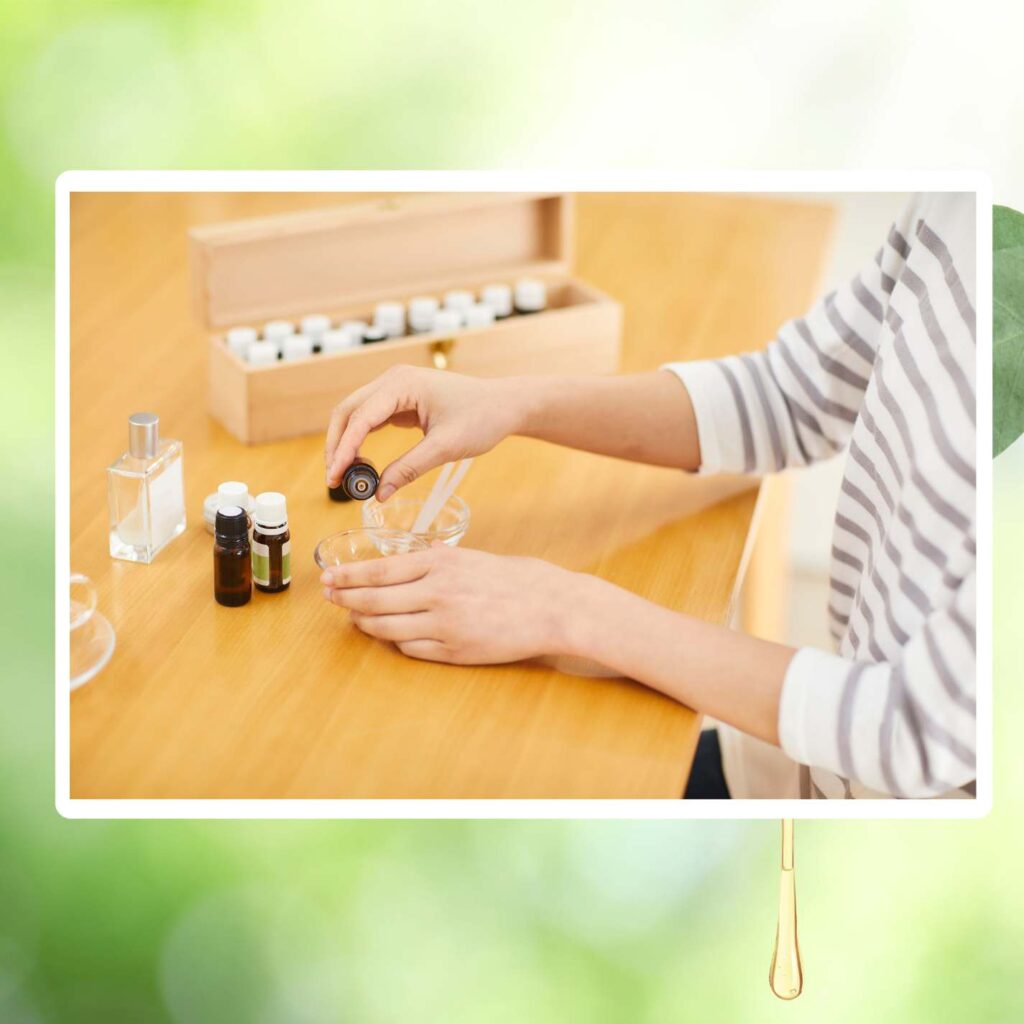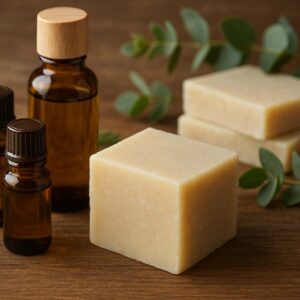Step-by-Step Guide: How Cold Pressing Works in Essential Oil Production
Introduction: The Fresh Squeeze of Essential Oils
When you peel an orange or squeeze a lemon, that burst of fragrance is the result of essential oils released from the citrus peel glands. Unlike steam distillation or CO₂ supercritical extraction, cold pressing extracts oils by mechanical pressure without heat, preserving the fresh, zesty aroma exactly as nature intended.
Cold pressing is primarily used for citrus essential oils such as orange, lemon, lime, grapefruit, and bergamot. These oils are highly prized in cosmetics, food & beverage, cleaning, and aromatherapy industries for their vibrant fragrance and functional benefits.
In this guide, we’ll walk through how cold pressing works, why it matters, and where cold-pressed oils are used across industries.
What Is Cold Pressing?
Cold pressing (also known as expression) is a mechanical extraction process where pressure is applied to fruit peels or seeds to release essential oils. Unlike steam distillation, which uses heat, cold pressing works without high temperatures. This helps maintain the oil’s fresh aroma, natural color, and delicate compounds that may otherwise degrade.
👉 Cold pressing is most commonly applied to citrus oils but is also used in producing some seed oils (like olive, jojoba, and sunflower oils) for cosmetics and health products.
The Science Behind Cold Pressing
- Oil Glands in Citrus Peels: Citrus fruits have tiny sacs in their rinds that store essential oils.
- Mechanical Rupture: Cold pressing ruptures these sacs mechanically, releasing the oil.
- Separation: The oil is then separated from juice, pulp, and water using centrifugation.
Because there is no steam or solvent involved, cold pressing ensures a cleaner, fresher, more vibrant aroma profile.
Step-by-Step Process of Cold Pressing
Step 1: Preparing the Fruit
- Citrus fruits such as orange, lemon, lime, grapefruit, and bergamot are the most common raw materials.
- Fruits are thoroughly washed to remove dirt, pesticides, and wax coatings that could contaminate the oil.
- In many facilities, the outer zest (flavedo) — the colored peel layer that contains oil glands — is separated from the inner white pith.
- Some methods process whole fruits, especially in juice-processing industries where oils are a by-product.
👉 The goal here is to preserve the integrity of the peel’s oil glands until pressing, since these contain the highest concentration of essential oils.
Step 2: Mechanical Pressing
- The peel is subjected to mechanical abrasion, pricking, or rolling using specialized equipment.
- These machines rupture the tiny oil sacs on the peel’s surface, releasing volatile oils.
- At the same time, fruit juice and peel fragments are released, so the first liquid collected is a mixture of oil, juice, and pulp.
Two common methods:
- Traditional hand pressing – still used in artisanal production, especially for high-value oils like bergamot.
- Industrial cold press machines – stainless-steel rollers and reamers used in large-scale citrus processing plants.
👉 This step preserves the fresh, zesty top notes unique to cold-pressed citrus oils.
Step 3: Separation
- The mixture of oil + juice + peel debris is collected into tanks.
- Since oil and juice don’t naturally separate cleanly, the mixture undergoes centrifugation — spinning at high speeds to force separation based on density.
The result:
- Essential oil layer (light, floats above).
- Juice & water layer (heavier, separated out).
- Solid debris (pulp, peel particles) removed.
👉 Centrifugation is crucial for producing pure essential oil free of sticky juice residues.
Step 4: Filtration & Collection
- Even after centrifugation, some solids or waxes may remain.
- The oil undergoes fine filtration to remove micro-particles and ensure clarity.
- Some oils (especially lemon and orange) may also go through winterization — chilling the oil so waxes solidify and can be filtered out.
- The final product is pure, cold-pressed essential oil, retaining its bright color, fresh aroma, and natural composition.
👉 These oils are then stored in dark, airtight containers (often aluminum or amber glass) to prevent oxidation, since citrus oils are prone to rancidity if exposed to light and air.
Essential Oils Commonly Produced by Cold Pressing
- Orange Oil (Sweet & Bitter) 🍊 – cleaning, beverages, perfumes.
Lemon Oil 🍋 – cosmetics, cleaning products, food flavoring.
Lime Oil 🍈 – beverages, candies, aromatherapy.
Grapefruit Oil 🍊 – weight-loss blends, fresh scents.
Bergamot Oil 🍃 – perfumes, Earl Grey tea flavoring.
Advantages of Cold Pressing
- No heat or solvents – preserves delicate aroma compounds.
- Fresher scent profile – true to natural fruit aroma.
- Eco-friendly byproduct use – fruit juice and pulp can be sold separately.
- Lower processing cost compared to steam distillation for citrus oils.
Limitations of Cold Pressing
- Oxidation Risk: Citrus oils oxidize quickly, reducing shelf life.
- Limited to citrus oils: Not effective for most herbs, flowers, or woods.
- Wax and pesticide residue: Oils may contain trace compounds from fruit peels.
- Yield variability: Dependent on fruit quality, harvest season, and freshness.
Applications Across Industries
Food & Beverages
Flavoring for soft drinks, teas, candies, baked goods.
Bergamot in Earl Grey tea.
Cosmetics & Beauty
Used in lotions, shampoos, soaps, perfumes.
Bergamot and lemon for skin-brightening creams.
Cleaning & Household Products
Lemon and orange oils in natural degreasers, detergents, air fresheners.
Aromatherapy & Wellness
Grapefruit for mood-lifting blends.
Lemon and lime for energy and focus.
Orange oil for relaxation.
Pharmaceuticals
Citrus oils in cough lozenges, digestive aids, and traditional remedies.
How Buyers Can Judge Quality of Cold-Pressed Oils
- GC/MS Testing – ensures no adulteration.
- Freshness Check – citrus oils oxidize quickly; ask for recent batches.
- COA (Certificate of Analysis) – provides chemical profile.
- Organic Certification – valuable since citrus peels often carry pesticide residues.
- Storage Practices – high-quality suppliers use dark glass or aluminum drums to prevent oxidation.
Modern Innovations in Cold Pressing
- Cold vacuum pressing – reduces oxidation by pressing under vacuum.
- Enzymatic pressing – uses natural enzymes to release oils more efficiently.
- Automated centrifugal systems – improve yield and consistency.
- Microencapsulation of citrus oils – extends shelf life for food applications.
FAQs About Cold Pressing
Q1: Why are citrus oils cold pressed and not steam distilled?
👉 Citrus peels contain high oil content that can be extracted more efficiently without heat, preserving freshness.
Q2: How long do cold-pressed oils last?
👉 Citrus oils oxidize faster than steam-distilled oils — typically 6–12 months if stored properly.
Q3: Can cold-pressed citrus oils be ingested?
👉 Only food-grade oils certified by FDA/GRAS should be used in food & beverages. Not all cosmetic-grade oils are safe for ingestion.
Conclusion: Why Cold Pressing Preserves Nature’s Freshness
Cold pressing is the most natural and effective method for extracting citrus essential oils, delivering a fragrance profile that’s closest to the fresh fruit itself. While it has limitations compared to steam distillation, its role in food, cosmetics, cleaning, and aromatherapy makes it essential to global trade.
For buyers, sourcing cold-pressed, lab-tested, and certified citrus oils ensures both purity and safety.
👉 At EssentialOilOnline.com, we supply premium cold-pressed citrus oils — including orange, lemon, lime, grapefruit, and bergamot — in bulk for food, cosmetics, and cleaning industries. Request your wholesale quote today by contacting us.




